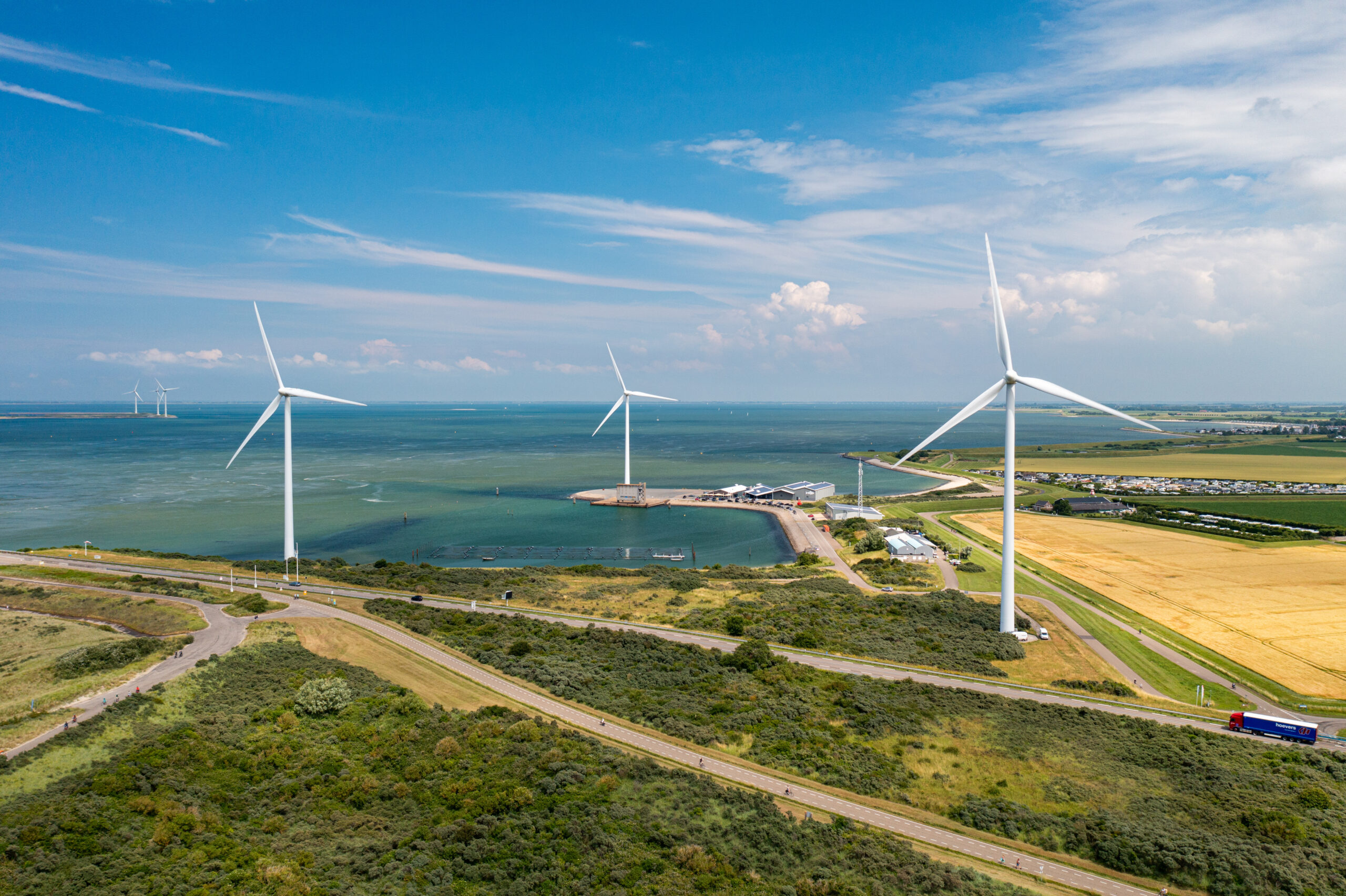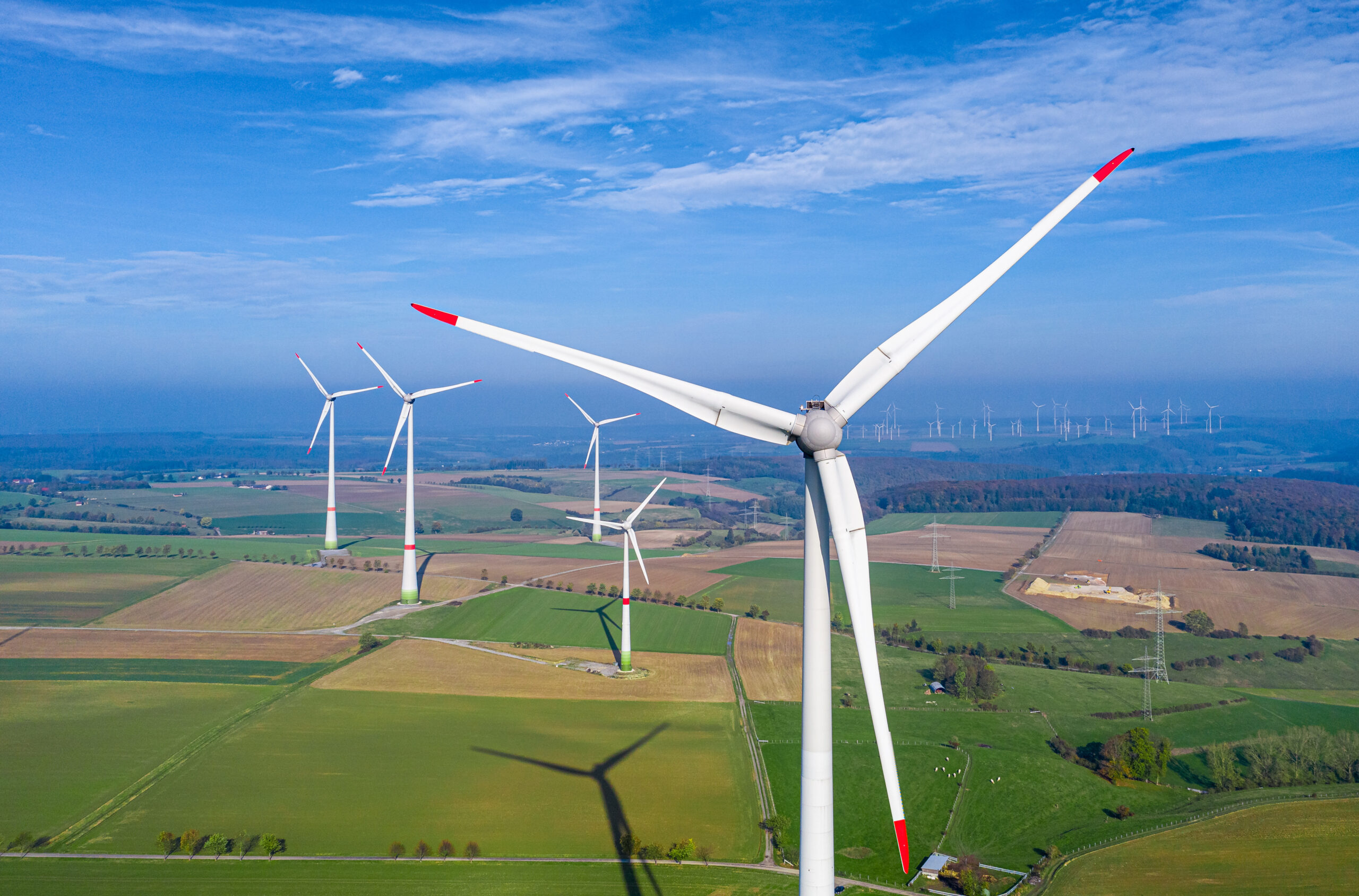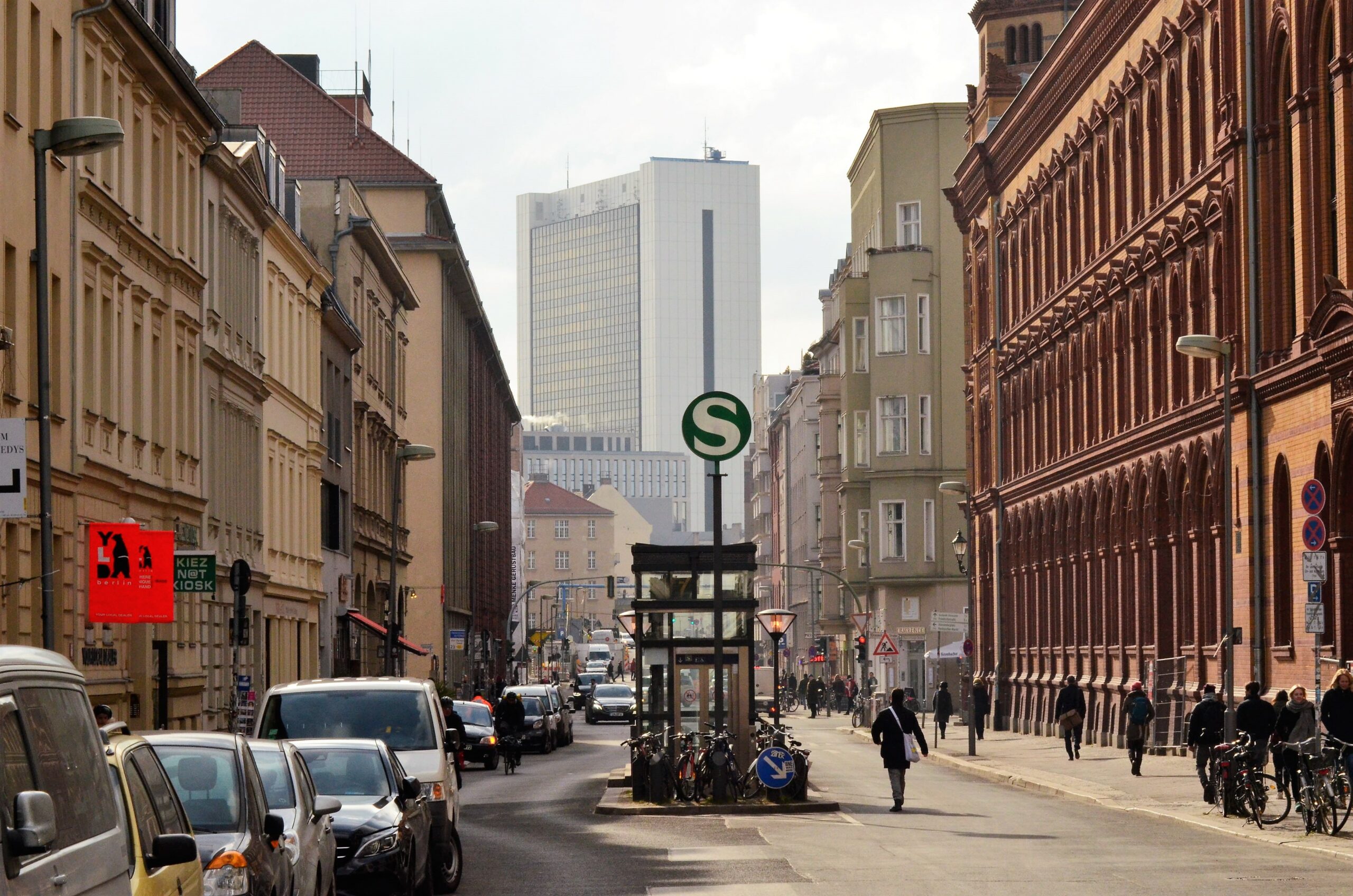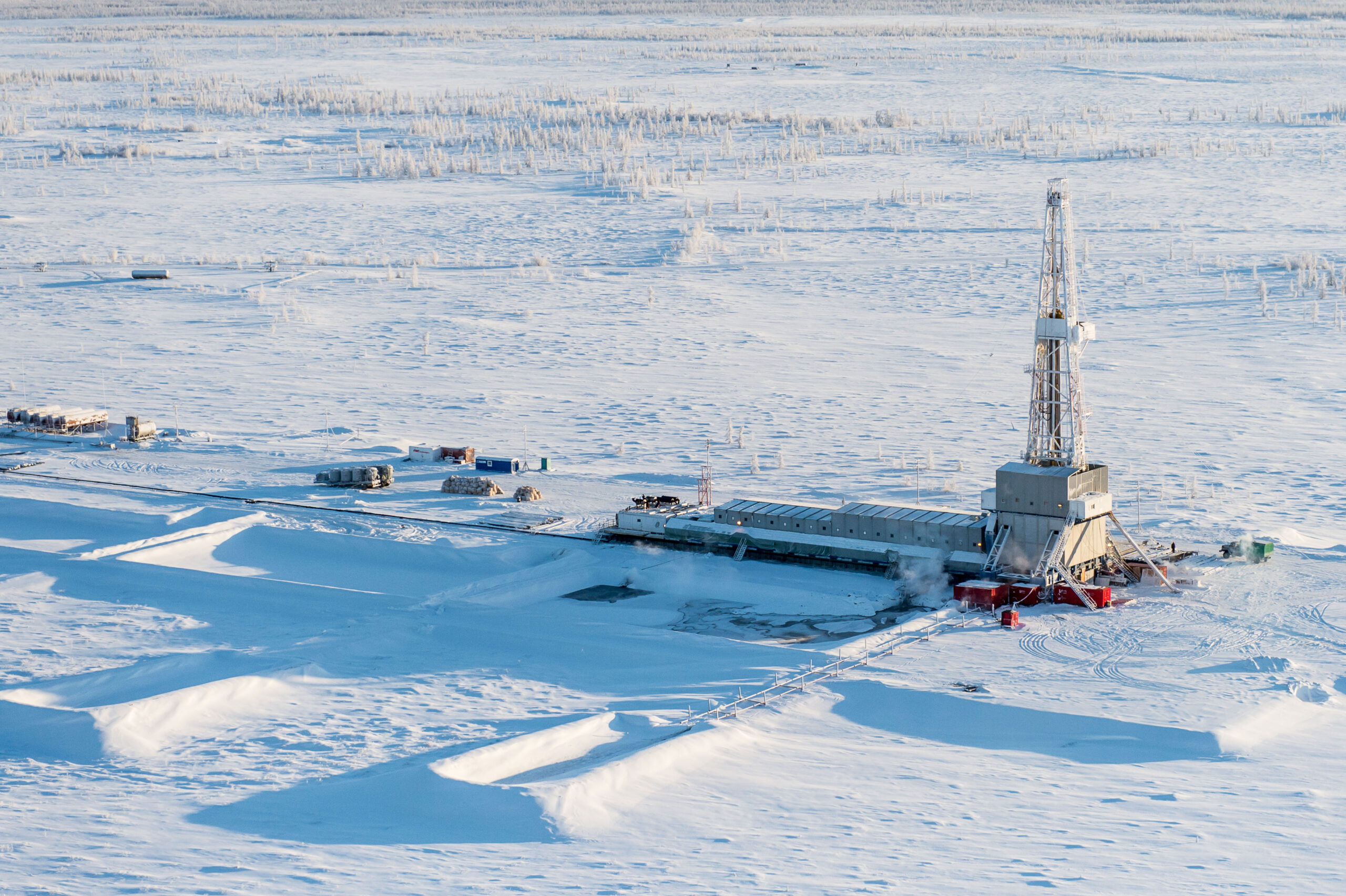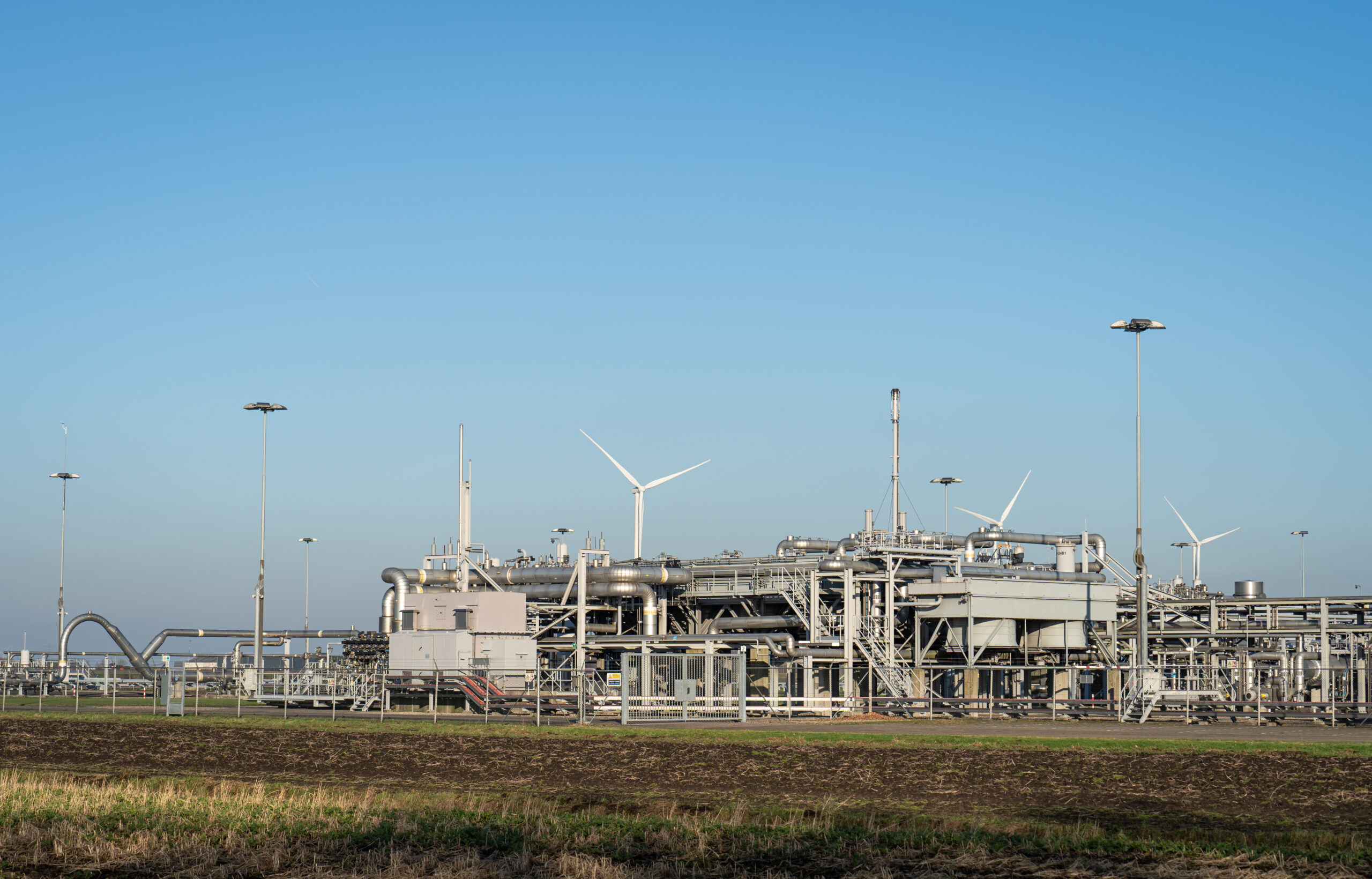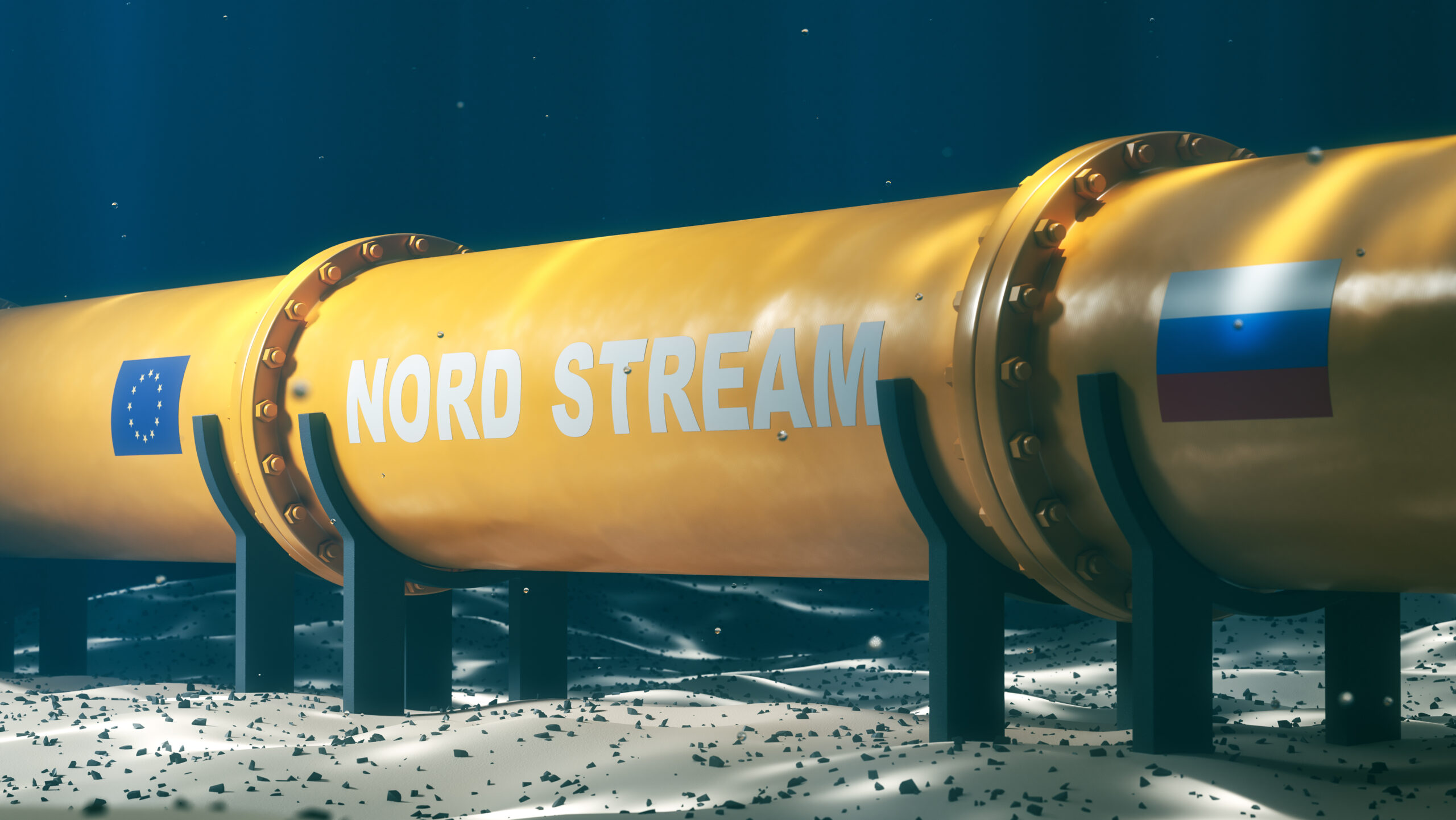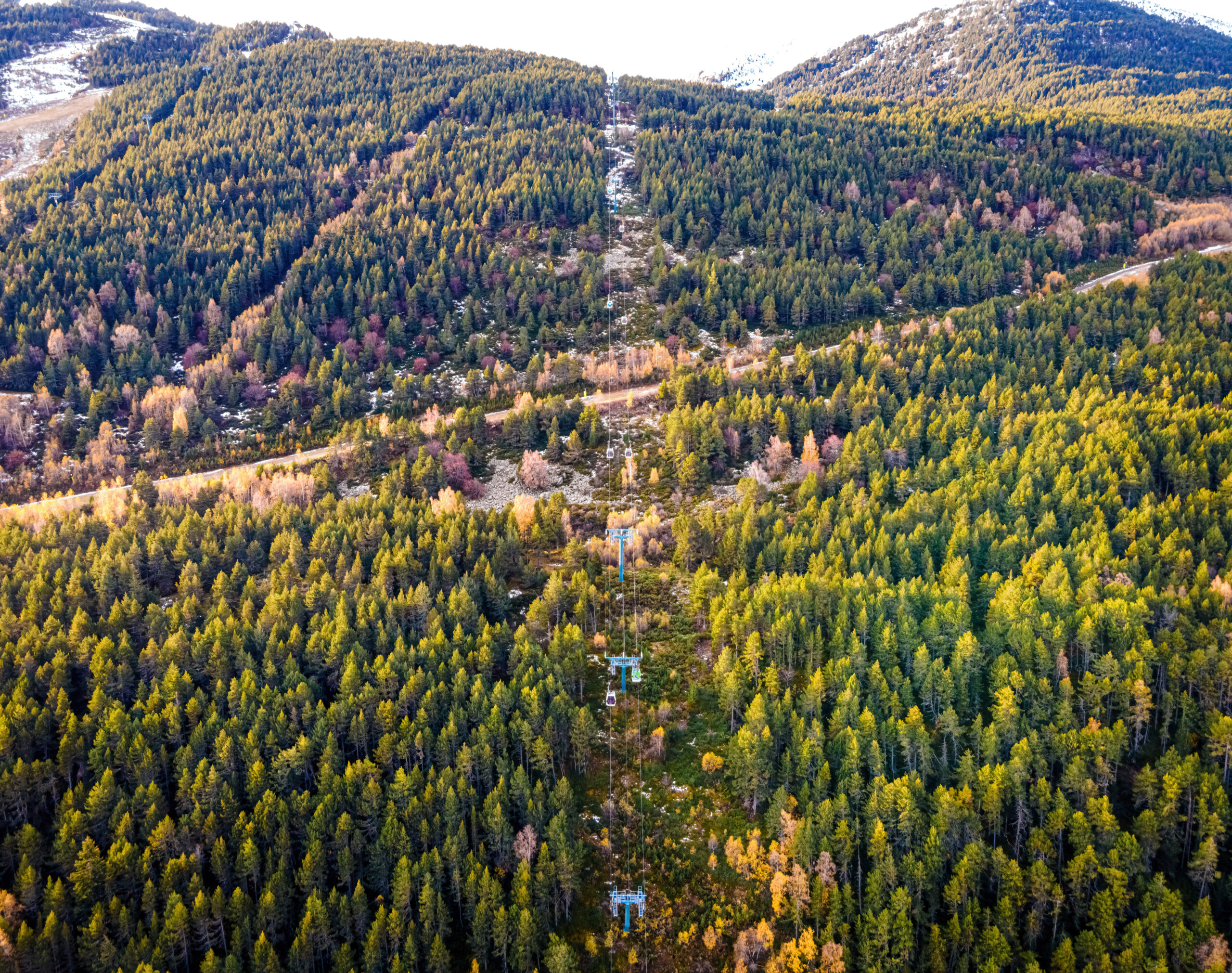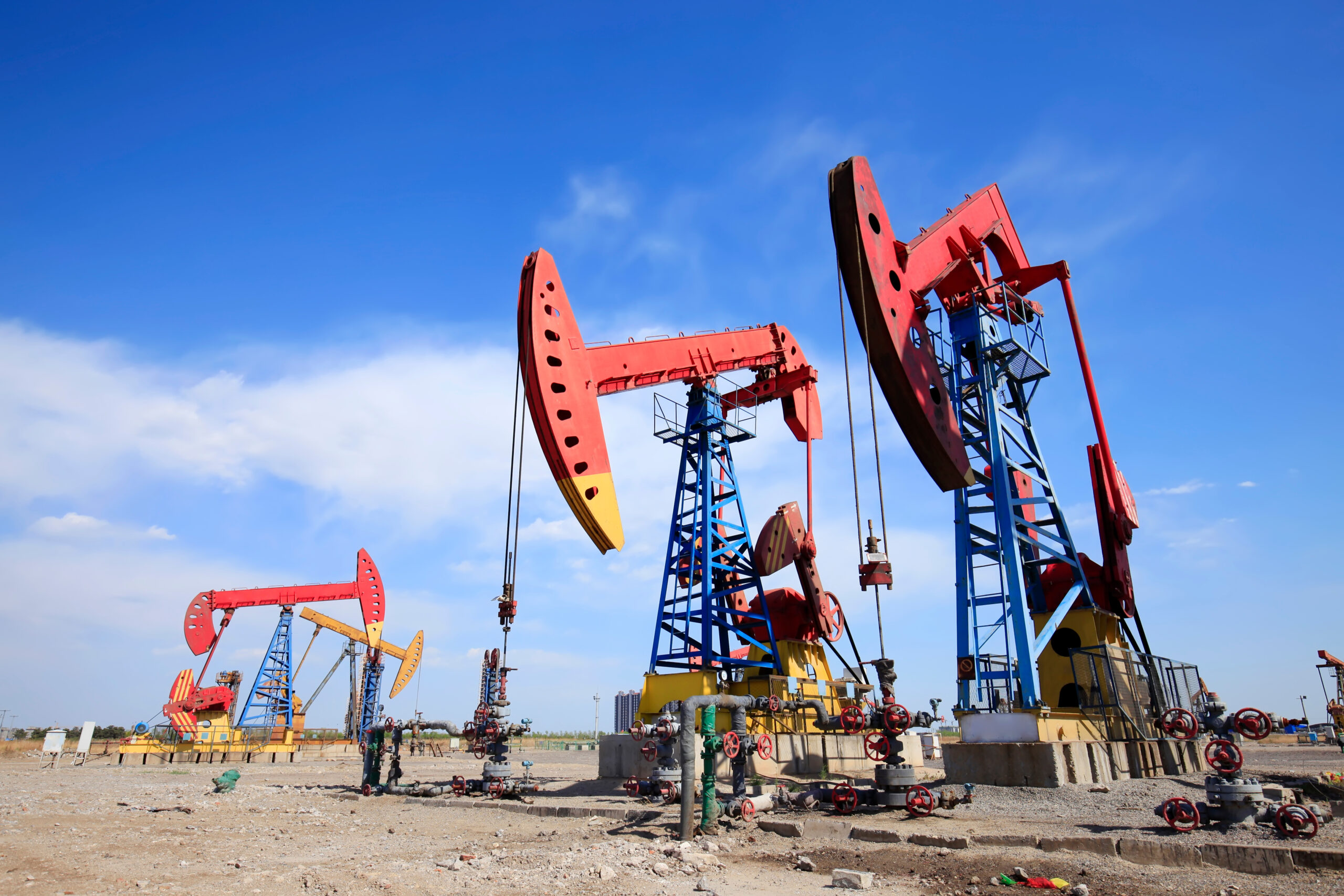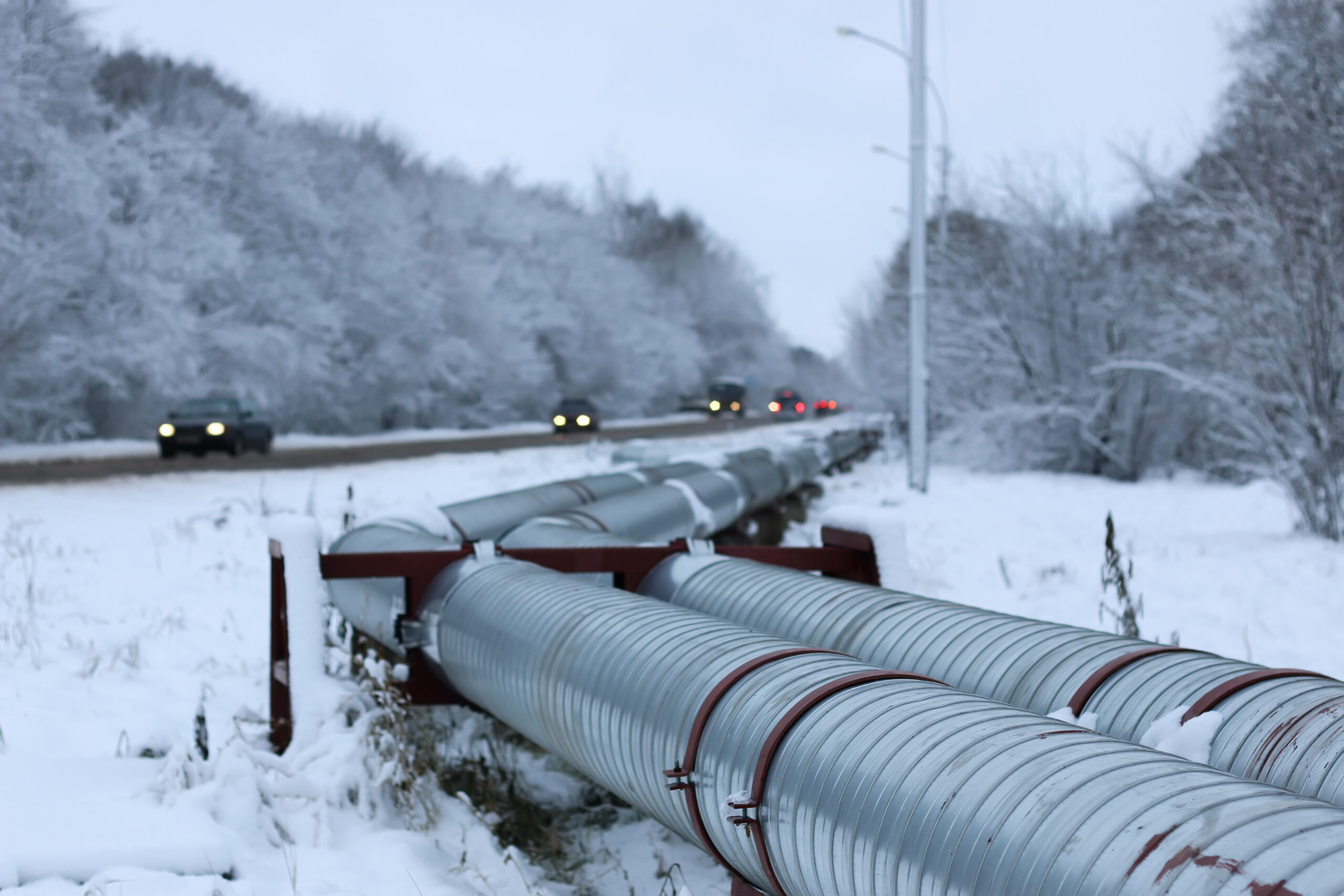 Andreas Walstad
Andreas Walstad
Andreas Walstad
Andreas has written extensively about energy issues for almost two decades. Dividing his time between London and Brussels, he has a special focus on energy policy and regulation. Andreas regularly speaks and moderates discussion panels at conferences. He writes about Europe for Gas Outlook.
The Netherlands wants to achieve 21 GW offshore of wind capacity by the end of 2031, a target deemed ambitious yet achievable. All eyes are now on the country’s next offshore wind tender which will take place at the end of February.
BP and TotalEnergies were the only successful bidders in a recent offshore German wind auction after offering billions of euros in ‘top up’ payments to the government. This has raised concerns that oil and gas majors will outbid utilities in forthcoming auctions with end-users ultimately footing the bill.
Loopholes for ‘hydrogen-ready’ systems means the phase-out of gas heaters in Germany could take longer than many had hoped.
Shortly after signing a Green Alliance agreement with the EU, Norway offered more blocks in the Arctic for oil and gas exploration. Environmental campaigners are now hoping the EU will prevent an expansion of drilling areas, particularly in the Barents Sea.
The Dutch government will in June decide whether the Groningen gas field will be closed down for good this October. The field has been subject to plenty of controversy in recent years, and the results of an in-depth inquiry into the earthquakes and related matters were presented last week.
The Nord Stream explosions probably represent the largest single methane leak ever recorded. Will the events act as a wake-up call for policy makers and the public to shore up tougher regulations on methane emissions?
The spike in energy prices is driving up inflation and the cost of living across the EU, hitting lower-income households the hardest.
A new gas pipeline between France and Spain has been talked about for decades but even the current gas crisis may not result in the project being built.
London-based think tank Carbon Tracker and San Francisco-based NGO Global Energy Monitor have jointly launched a Global Registry of Fossil Fuels which they say is the first public database to account for fossil fuel production and reserves worldwide.
Analysis carried out by independent thinktank InfluenceMap has found that there is a mismatch between major oil companies’ communication strategies to portray themselves as green and the companies’ plans for capital investment, which are still geared towards fossil fuel projects.

